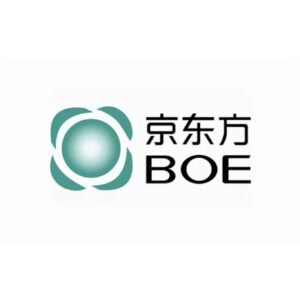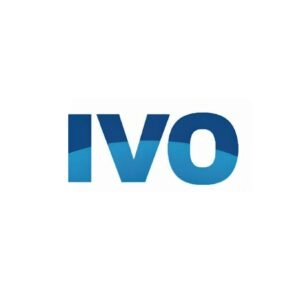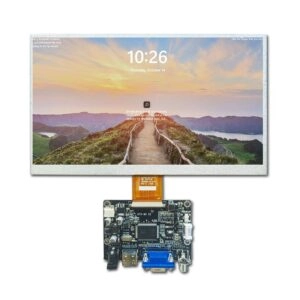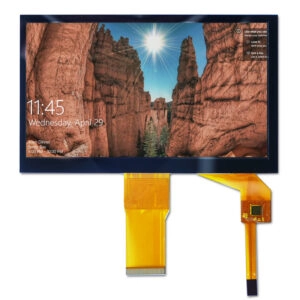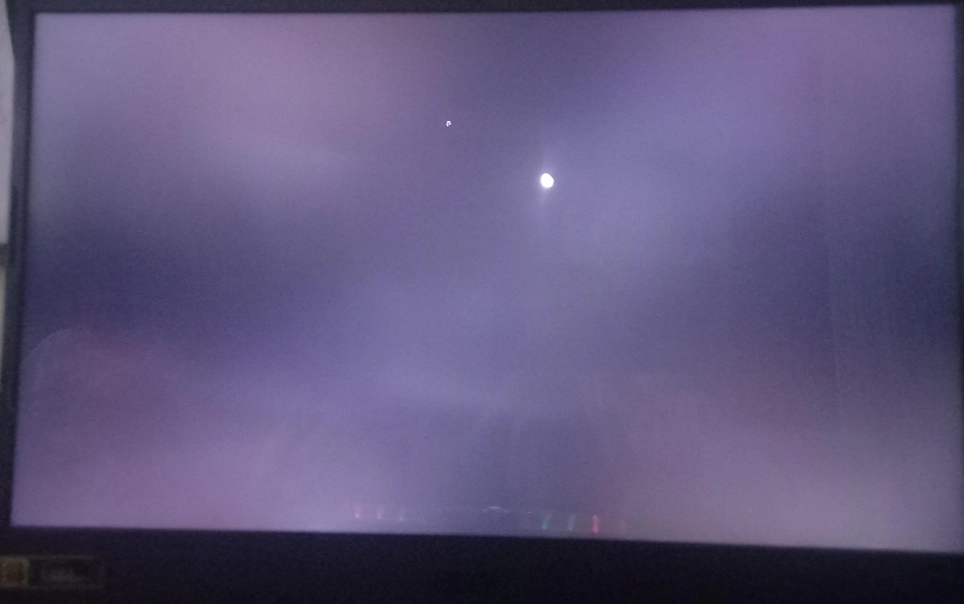What is White Spots on LCD Screen
White spots on an LCD screen are bright areas or dots. They look lighter than the rest of the display. These spots show up most against dark backgrounds. They can be tiny dots or bigger patches. They point to problems in the screen’s parts or surface. While they don’t always affect how the screen works, they can make visuals less clear and bother users.
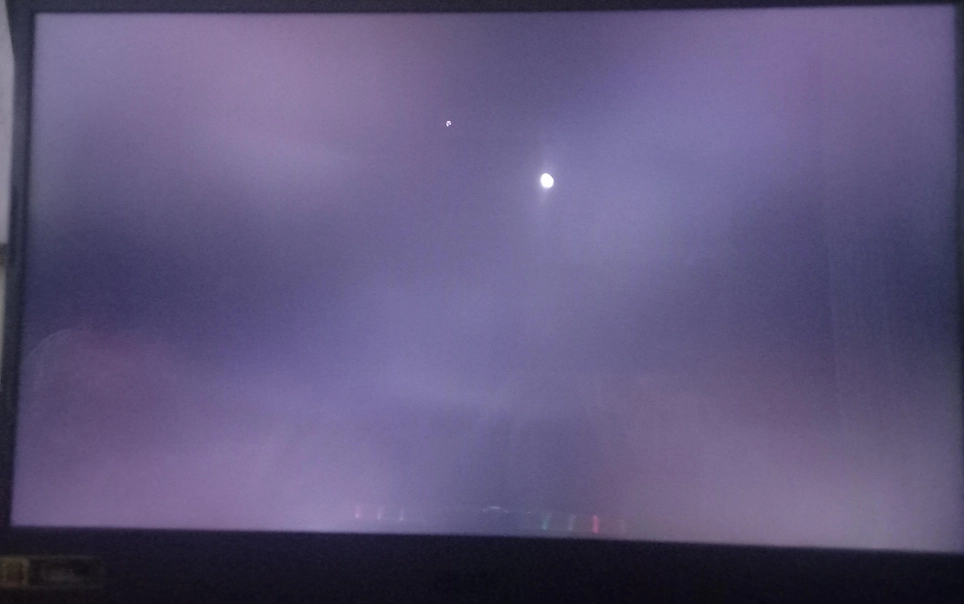
Causes of White Spots on LCD Screens
Dead or Stuck Pixels
Stuck pixels are a common cause of white spots. These are subpixels that stay lit because of an electrical issue. They differ from dead pixels, which don’t light up and look black. Stuck pixels let backlight shine through all the time, making them look white or bright. This can happen from factory flaws or damage during use.
Pressure Damage
Too much pressure on the screen can harm its layers. This is common in thin-film transistor (TFT) LCDs. Pressure shifts layers, letting backlight leak unevenly. This creates white spots. Pressing hard while cleaning, dropping the device, or placing heavy items on it can cause this.
Backlight Issues and Leakage
LCDs use backlight systems to spread light evenly behind the panel. If reflectors or diffusers get loose or shift, light spreads unevenly. This can happen from old adhesive or impacts. The result is white spots, often called backlight bleeding.
Dirt, Dust, or Debris
Dust or fingerprints on the screen can reflect light and look like white spots. Air bubbles under a poorly placed screen protector can also distort light. This creates a similar effect.
Liquid Intrusion or Moisture Damage
Moisture can mess with the screen’s pixel arrays or cause layers to separate. This makes bright patches where liquid changes how light moves in the panel.
Manufacturing Defects
Some white spots come from factory mistakes. Uneven liquid crystal spread, faulty transistors, or poor backlight assembly can cause them. These may show up right away or over time.
Burn-In or Image Retention
Though more common in OLED screens, LCDs can also suffer from burn-in. Long-displayed static images cause uneven pixel wear. This leads to faint white patches or ghost-like images.
Hardware Wear and Other Factors
Over time, wear like overheating, old parts, loose connectors, or outdated drivers can cause display issues. These include white spots.
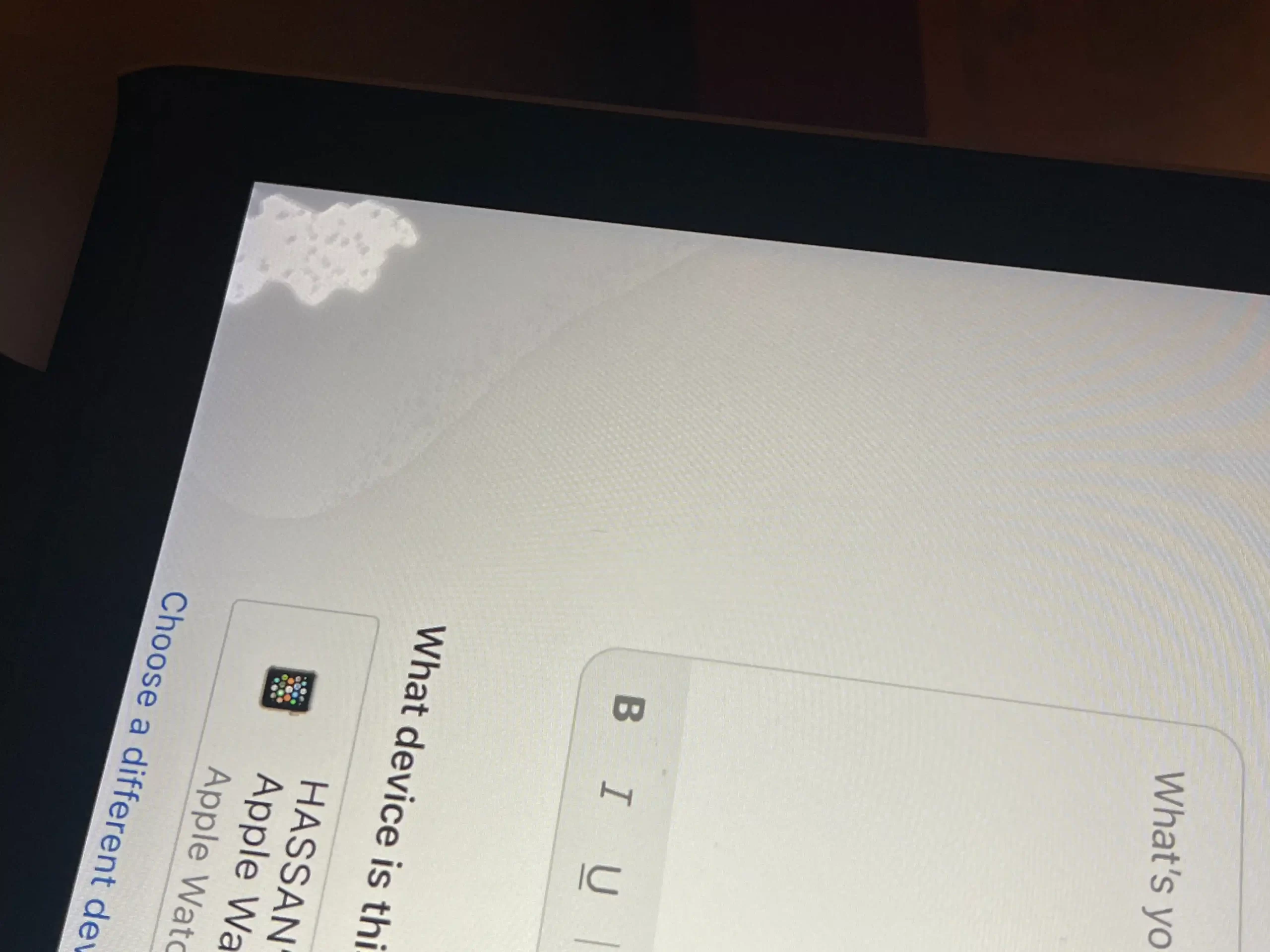
Methods to Fix White Spots on LCD Screens
Cleaning the Screen
If dirt or debris is the issue:
- Turn off the device.
- Use a soft microfiber cloth lightly damp with distilled water.
- Wipe gently in circles.
- Dry with a clean cloth part.
- Remove the screen protector if needed for deeper cleaning.
This method fixes surface issues without technical skills.
Applying Gentle Pressure or Massage
For stuck pixels:
- Turn off the screen.
- Use a soft-tipped stylus wrapped in cloth.
- Press lightly in circles on the spot for 10–20 seconds.
- Turn on and check if it’s better.
- Repeat carefully if needed.
This tries to fix misaligned subpixels but must be done gently to avoid more damage.
Using Pixel-Fixing Software
Online tools like JScreenFix cycle colors over problem areas:
- Download trusted software like JScreenFix.
- Run it on the affected spot for 30 minutes to a few hours.
- Check progress now and then.
- Repeat if needed.
These tools activate pixels to reset stuck ones.
Adjusting Display Settings
Changing settings can make white spots less noticeable:
- Lower brightness and raise contrast a bit.
- Turn on dark mode if possible.
- Use built-in tools to adjust colors.
This doesn’t fully fix the issue but can improve the viewing experience.
Reinstalling or Updating Display Drivers
Driver issues can cause visual problems:
- Open Device Manager (Windows).
- Find Display Adapters and uninstall the driver.
- Restart the system to reinstall it automatically.
- Or update using the manufacturer’s website.
Fresh drivers ensure the screen works well with the device.
Repairing LED Reflectors
If reflectors are loose:
- Carefully take apart the device if skilled.
- Find the LED reflector sheet behind the panel.
- Fix it with non-conductive glue if loose.
- Put it back together and test.
This is complex, so professionals are best unless experienced.
Professional Repair or Screen Replacement
If DIY fails:
- Check if warranty applies.
- Find certified repair services for a checkup.
- Replace the whole panel if it’s worth the cost.
Miqidisplay’s multi-stage inspections ensure reliable replacement screens.
Addressing Liquid Damage
For moisture issues:
- Turn off the device right away.
- Don’t charge until fully dry, using silica gel packs.
- Take apart only if skilled, or see a technician.
- Clean corrosion with isopropyl alcohol if possible.
- Replace damaged parts after drying.
Quick action boosts chances of fixing without lasting harm.
Preventive Measures
To avoid white spots:
- Use high-quality screen protectors that resist scratches and absorb pressure.
- Keep devices away from extreme heat or damp places.
- Avoid static images for long; use screensavers when idle.
- Handle devices carefully and use padded cases for transport.
- Update firmware and graphics drivers regularly for steady performance.
- Clean screens with proper materials, avoiding ammonia-based cleaners that harm coatings.
Source Best LCD Screen from Miqidisplay
Miqidisplay is a trusted supplier of advanced display technologies. Their catalog includes LCD, TFT, IPS, OLED displays, and accessories like AUO LCD Screen, Innolux LCD Screen, Tianma LCD Screen, IVO LCD Screen, HDMI TFT Display, and Raspberry Pi TFT Display.
With over 20 years of experience, Miqidisplay ensures quality with multi-stage inspections. Their 5,000-square-meter factory uses ISO-certified lines with AOI inspection during FOG assembly. Shenzhen’s supply chain helps deliver fast solutions.
Their team offers custom signal adapter boards (LVDS/MIPI/HDMI), backlights up to 2500cd/m², and structural parts like aluminum or metal. Over 90% of orders ship the same day, backed by TS-16949, ISO-9001, and ISO-14001 certifications.
For industrial control, medical devices, or automotive consoles, Miqidisplay provides tailored screens and 24/7 support via live chat.


